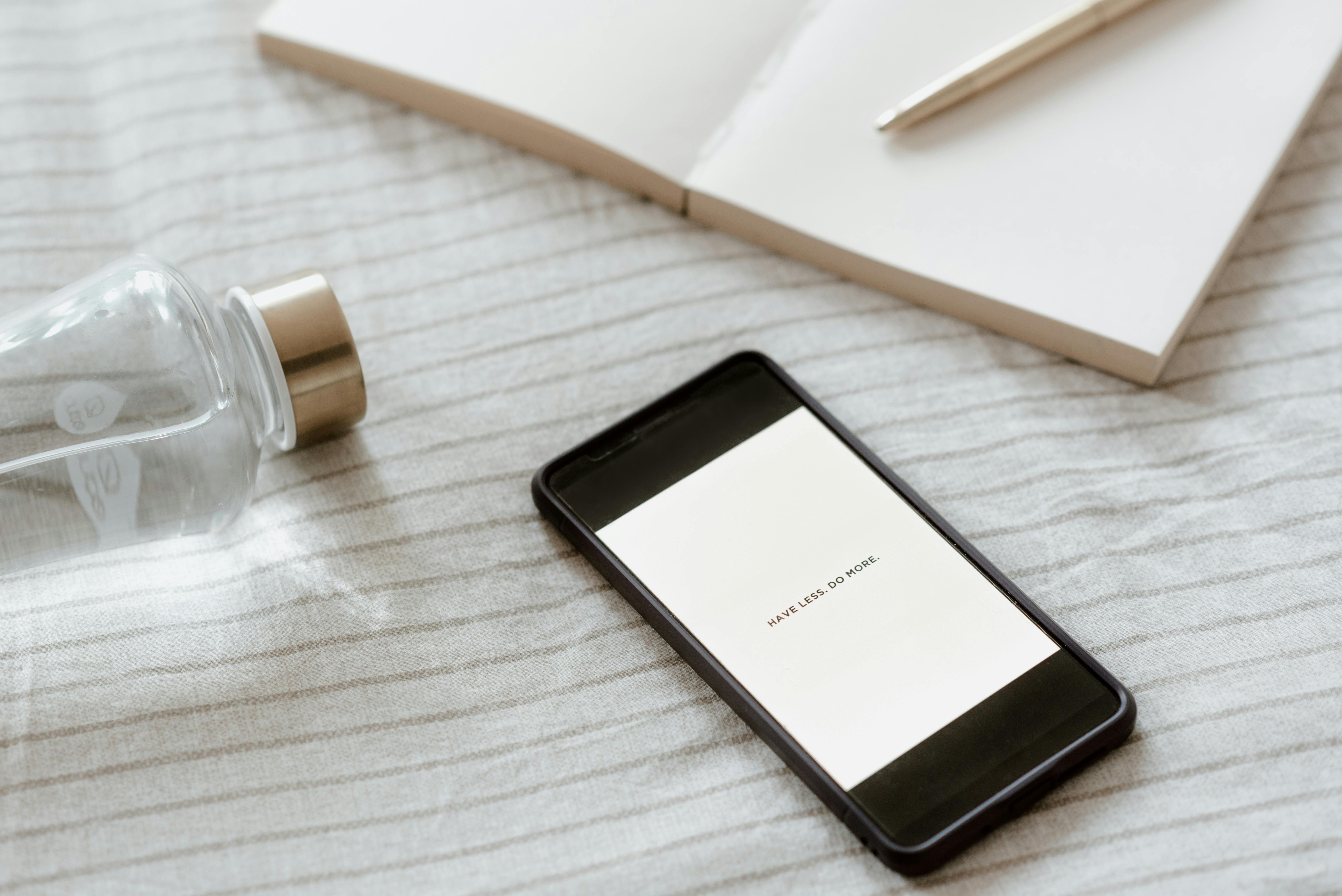Distilled water is often recommended for use in a CPAP (Continuous Positive Airway Pressure) machine. This is because the CPAP machine’s humidifier chamber can become contaminated with minerals and other contaminants, which can lead to a build-up of residue within the device. Distilled water helps to reduce the chance of this contamination, as well as helping to keep your CPAP working efficiently and effectively. In this article, we will look at why distilled water is recommended for use in a CPAP machine and whether or not it is absolutely necessary.Distilled water is water that has been evaporated and condensed back into liquid form. It is free from minerals and other impurities, making it purer than tap or spring water. Distilled water is often used in medical, automotive and scientific applications.
What Is A CPAP?
CPAP stands for Continuous Positive Airway Pressure. It is a device used to provide a steady stream of air pressure to help keep the airways open during sleep. CPAPs are often prescribed by doctors to treat sleep apnea, a condition in which the person’s breathing stops and starts multiple times during sleep. CPAP machines include a machine, tubing, and a mask or other device that fits over the nose and mouth. The machine produces a continuous stream of air that is delivered through the tubing and mask to the user’s airway. The pressure of the air helps keep the throat open, allowing for uninterrupted breathing during sleep.
CPAP machines come in a variety of shapes and sizes, from small portable units to larger stationary models. The most common type of CPAP is an Auto-CPAP, which automatically adjusts the pressure based on your breathing needs throughout the night. These machines are typically more expensive but can offer greater comfort for users who need different levels of support. Some newer models also come with built-in humidifiers, which help reduce dryness in the nose and throat caused by using CP
Why Is Distilled Water Used In CPAPs?
CPAP machines are used to treat sleep apnea, a common sleep disorder that results in interrupted breathing during the night. To work properly, CPAP machines need to be filled with distilled water. Distilled water is pure and free of contaminants, making it the ideal choice for use in CPAP machines. It helps to reduce the risk of bacteria, mold, and other potentially harmful microorganisms from entering your lungs through the machine.
Distilled water is also free from mineral deposits, which can build up on components over time and potentially cause damage to the machine. This helps to ensure that your CPAP machine continues to work properly for years to come. Additionally, distilled water is more comfortable on your lungs and throat than regular tap water, which may contain chlorine or other chemicals that can irritate the airways.
Using distilled water in your CPAP machine can also help you save money in the long run by reducing repair costs due to mineral buildup or other damage caused by contaminants or chemicals. It’s also important to regularly change out the distilled water in your CPAP machine as it becomes contaminated over time with bacteria and
Are There Alternatives To Distilled Water For CPAPs?
Using distilled water in CPAP machines is the best way to ensure that the humidifier chamber is kept clean and free of contaminants. However, some people may find it difficult or inconvenient to purchase distilled water on a regular basis. Fortunately, there are alternative options available for those who need an alternative to distilled water for their CPAP machine.
One option is to use filtered tap water. There are several filtration systems that can be used to filter out impurities from tap water, such as reverse osmosis systems and carbon-based filters. These systems can provide clean, contaminant-free water that is safe for use in a CPAP machine. It is important to make sure that any filters used are replaced periodically, as they can become clogged with sediment and other contaminants over time.
Another option is to use bottled water. Many brands of bottled water are available that have been filtered and treated with ultraviolet light or ozone gas for additional purification. These types of bottled waters are generally considered safe for use in CPAP machines, however it is important to check the label for any warnings or
Using Distilled Water in a CPAP
Using distilled water in a CPAP machine is important to keep the device running efficiently and to ensure the best quality of air. Distilled water helps reduce hard water buildup and mineral deposits on the interior components of the machine, which can damage or clog the system. It also helps keep any bacteria or mold from growing within the device. It is recommended that distilled water be used regularly, as it will help keep your CPAP functioning optimally and ensure better air quality while you sleep.
When adding distilled water to a CPAP machine, it is important to use only clean, uncontaminated bottles of water. Any bottles that have been previously opened should be discarded. The amount of distilled water needed for a CPAP machine will vary depending on the model and manufacturer’s instructions, so it is important to follow their guidelines closely. Generally, about one liter of distilled water should be added to the device before use each day.
It is recommended that users check their CPAP machines regularly for any build up or deposits from regular tap water use. If any has accumulated, it can be

Benefits of Using Distilled Water in a CPAP
Using distilled water in a CPAP (Continuous Positive Airway Pressure) machine can provide several benefits. Distilled water is free of minerals, making it an ideal choice for humidifying the air delivered through the CPAP. It is also free of contaminants and impurities, which can reduce the risk of infection or irritation from the use of the device. Additionally, distilled water does not require any additional cleaning, as it is already sterile and free from bacteria or other organisms.
The use of distilled water in a CPAP provides many health benefits. The humidity levels are kept at optimal levels due to the lack of minerals in distilled water, which can reduce inflammation and improve comfort while using the machine. This can also help improve sleep quality, as well as reduce snoring and other respiratory issues associated with sleep apnea.
In addition to providing health benefits, using distilled water in a CPAP also helps increase its longevity. The absence of minerals helps reduce mineral buildup within the device, which could cause damage over time if left unchecked. Furthermore, since distilled
Risks Of Not Using Distilled Water In A CPAP
Using distilled water in a CPAP machine is essential for proper functioning. Without it, there are several risks that can arise from using tap or filtered water. The most common risk is a build-up of bacteria and other contaminants in the machine’s humidifier chamber. This can cause respiratory infections, such as pneumonia, and may even lead to serious illnesses. In addition, the buildup of minerals from tap or filtered water can cause damage to the internal components of the machine, leading to costly repairs or complete replacement of the unit.
Another risk associated with not using distilled water in a CPAP is that it can reduce the effectiveness of treatments. Tap or filtered water contains minerals which can form deposits over time on the internal components of the machine. These deposits reduce airflow and make it harder for users to get enough air into their lungs when they are sleeping. This can lead to daytime fatigue and an increase in symptoms related to sleep apnea.
Finally, not using distilled water in a CPAP can also cause bad odors to develop over time due to bacteria growth inside
How To Make Distilled Water At Home
Distilled water is pure water that has had all impurities removed through a process of distillation. It is often used in medical facilities, laboratories, and in some industrial settings as it is a much cleaner and safer alternative than regular tap water. Fortunately, it is possible to make distilled water at home using items that can be found in most households. Here are the steps to take if you want to make your own distilled water:
First, gather the necessary materials for the distillation process. These include a large pot with a lid, some ice cubes, a kitchen thermometer, and some clean glass jars. You may also need a heat-resistant container like a metal bowl or an old pot lid.
Next, fill the pot with tap water and place it on the stovetop. Heat the water until it reaches just below its boiling point (around 180°F). As the temperature rises, some of the impurities will start to evaporate off of the surface of the water.
Once the temperature nears 180°F, lower the heat and add

Conclusion
The use of distilled water in a CPAP machine is not necessary for all users. If your CPAP manufacturer suggests using distilled water, then it is recommended that you do so. Otherwise, tap water can be used if it meets certain requirements such as being free of chemicals and impurities. Since CPAP machines are designed to humidify air, the use of distilled water may lead to improved performance and reduced maintenance. Ultimately, the decision to use distilled or tap water should be made based on your comfort level and the instructions provided by your CPAP manufacturer.
Using distilled water in a CPAP machine can help ensure that the system is clean and free from potential contaminants. It also helps to improve the performance of the device and reduce maintenance needs over time. Ultimately, whether to use distilled or tap water should be based on user preference and manufacturer instructions.

